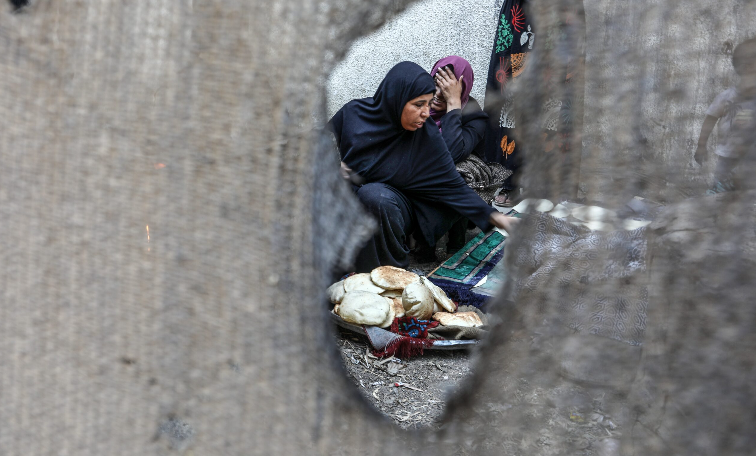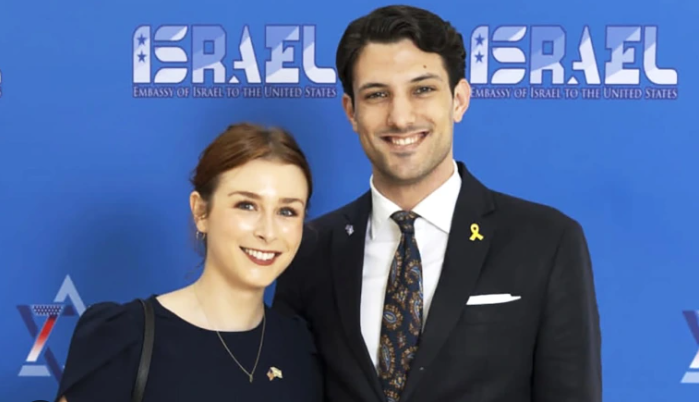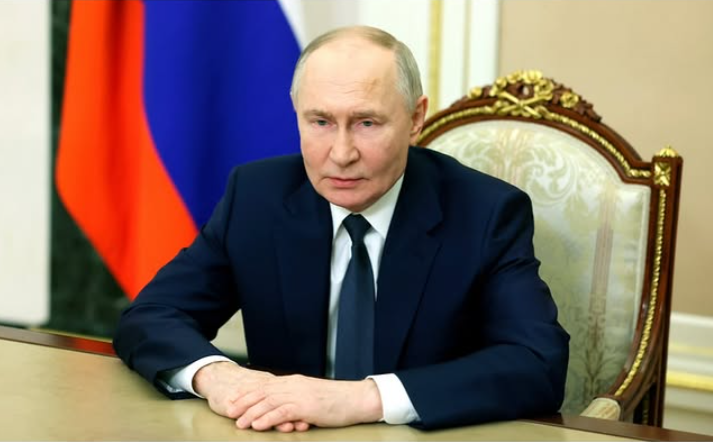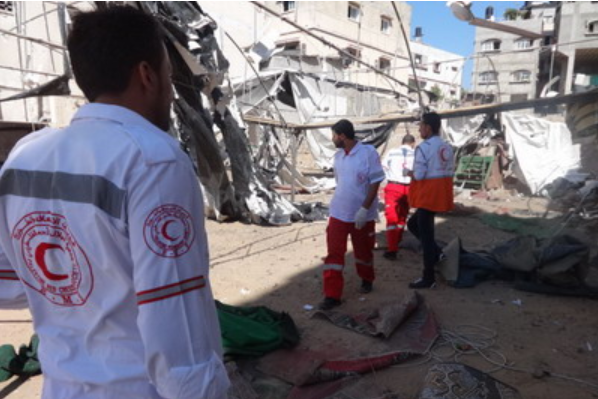BANGKOK (Reuters) – An 18-year-old Saudi woman who fled her family and barricaded herself inside a Bangkok airport hotel to prevent being expelled by Thai authorities has left the airport after talks with the United Nations refugee agency, an official said on Monday.
Rahaf Mohammed al-Qunun has been at Bangkok’s international airport since Saturday when she arrived from Kuwait, saying she fears her family will kill her if she is forced to return home. Her relatives have not commented on her accusations of abuse and Reuters was not able to reach them.
The case has drawn new global attention to Saudi Arabia’s strict social rules, including a requirement that women have the permission of a male “guardian” to travel, which rights groups say can trap women and girls as prisoners of abusive families.
It comes at a time when Riyadh is facing unusually intense scrutiny from its Western allies over the killing of a journalist at its consulate in Istanbul in October and over the humanitarian consequences of its war in Yemen.
Thai immigration officials had planned to put Qunun on a flight back to Kuwait on Monday, but relented after her online pleas drew international attention.
She told Reuters via text and audio messages she had fled Kuwait during a family visit there, and had planned to travel to Australia to seek asylum. She said she was held after leaving her plane in Bangkok and told she would be sent back to Kuwait.
“They will kill me,” Qunun told Reuters. “My life is in danger. My family threatens to kill me for the most trivial things.”
A representative of the U.N. High Commissioner for Refugees (UNHCR) met Qunun at the airport and also discussed the case with Thai immigration officials. After the meeting, Thailand’s immigration chief said she would not be expelled.
“We will take her into Bangkok and provide her with safe shelter under the care of the UNHCR,” immigration chief Surachate Hakparn told reporters on Monday evening.
He said the UNHCR would work on processing Qunun’s request for refugee status. Giuseppe de Vincentis, the UNHCR representative in Thailand, said the Thai government had given assurances Qunun would not be expelled to any country where she might be in danger while her case was being processed.
“PHYISICAL, EMOTIONAL ABUSE”
Qunun posted a video on Twitter on Monday of her barricading her hotel door with a table and a mattress. She said her family was powerful in Saudi society but she did not identify them.
Asked why she was seeking refuge in Australia, she told Reuters: “Physical, emotional and verbal abuse and being imprisoned inside the house for months. They threaten to kill me and prevent me from continuing my education.
“They won’t let me drive or travel. I am oppressed. I love life and work and I am very ambitious but my family is preventing me from living.”
The Saudi foreign ministry said in a tweet that its embassy was in touch with the woman’s father and the Thai government, but its diplomats had not met or communicated with her.
New York-based Human Rights Watch said Thailand should not send Qunun back to her family because she says she faces danger.
Qunun said she had obtained an Australian visa and booked a flight. She said she had planned to spend a few days in Thailand so she would not spark suspicion when she left Kuwait.
Thai immigration chief Surachate, however, said that Qunun did not have a visa for Australia. The Australian Embassy said it had no immediate comment.
Contradicting earlier accounts from Thai officials, Surachate said Thai authorities had been contacted by the Saudis before deciding to deny Qunun entry to the country.
“The Saudi Arabia embassy contacted the immigration police … and said that the girl had run away from her parents and they fear for her safety,” he said.
“We acknowledged this and checked her paperwork. She had a passport but no return ticket, no travel plan, and no destination or hotel reservation in Thailand … so per airport security procedures, immigration denied her entry.”
Additional reporting by Panarat Thepgumpanat and Panu Wongcha-um in BANGKOK and Ghaida Ghantous in DUBAI; Editing by Nick Macfie and Peter Graff






Leave a Reply